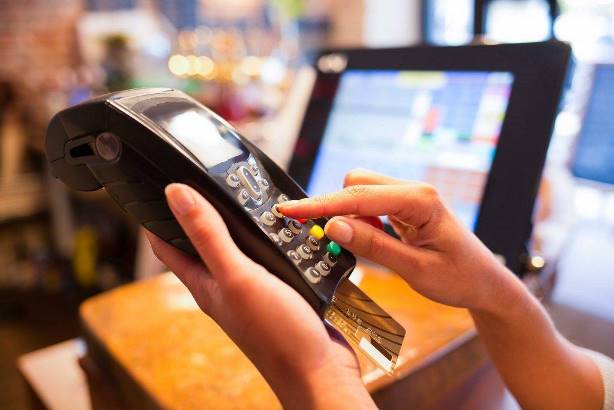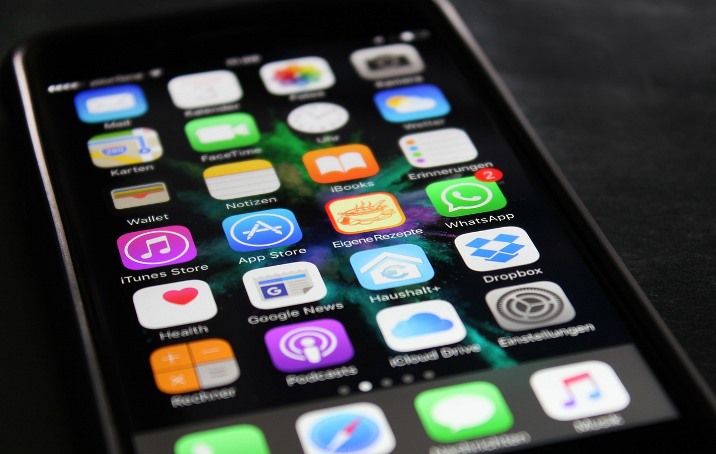Are you sure you’re secure? Notes on cybersecurity and online trust
Andorra Expats | 06.11.2018 | Ander Coma Satrústegui
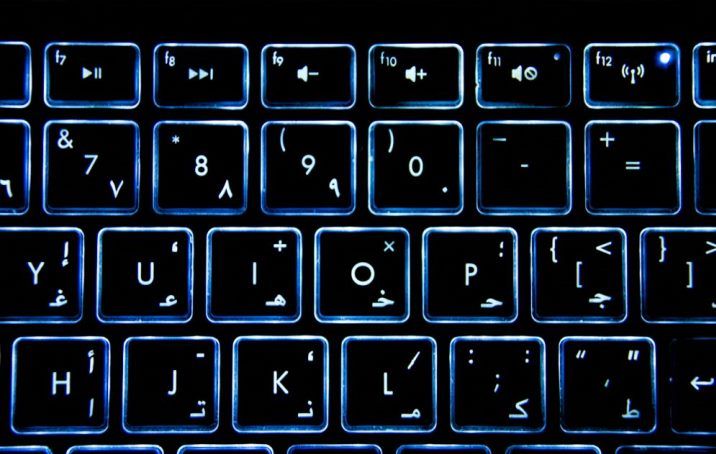
We recently learned about the results of the Cybersecurity and online trust Study in Spanish households conducted by the Ministry of Tourism, Energy and the Digital Agenda of our neighboring country, Spain. Published twice a year, this most recent report analyzed the second half of 2017.
In an increasingly digitalized world, issues like secure internet access, the use of our personal data, and protection against scams and attacks on our devices become essential. The main conclusions of the study are:
- User confidence lost after the global cyberattacks in May 2017 is being recovered through the ransomware called Wannacry.
- The internet is increasingly perceived as a secure place to operate.
- Despite this sense of security, malware continues to pose a threat, in many cases even breaking through the main safeguards (antivirus and firewalls).
- Users take a relaxed approach to security measures and most consider that their devices are “reasonably protected”.
The report also devotes a specific section to analyzing the behavior of digital banking users, showing the evolution of the following criteria over time:
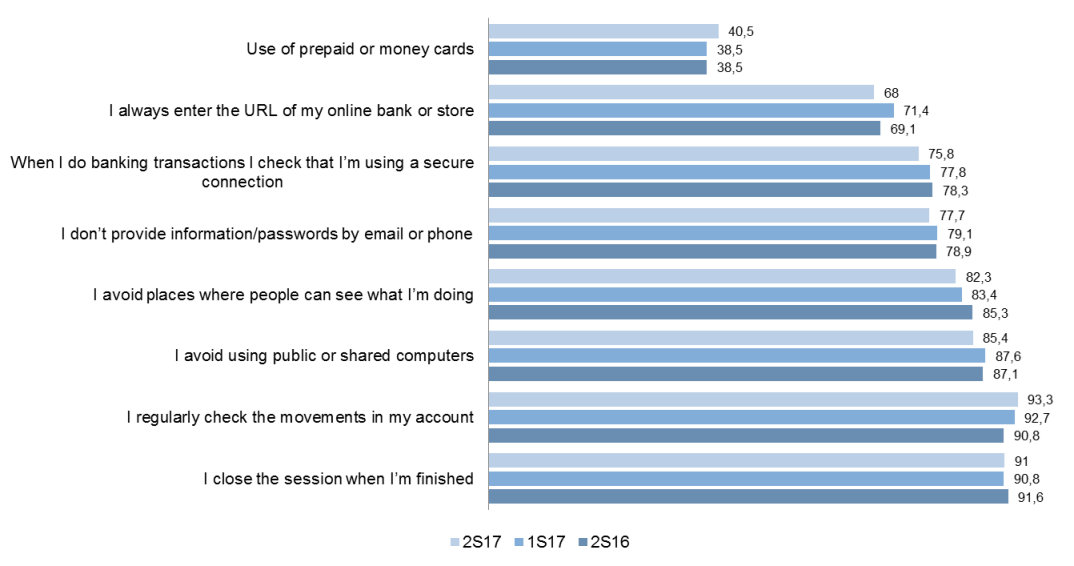
For some time now, MoraBanc has been committed to becoming a leader in the digital transformation of Andorran banking; there is still a long and exciting road ahead, but it is gratifying to see how trust in online transactions is trending upward:
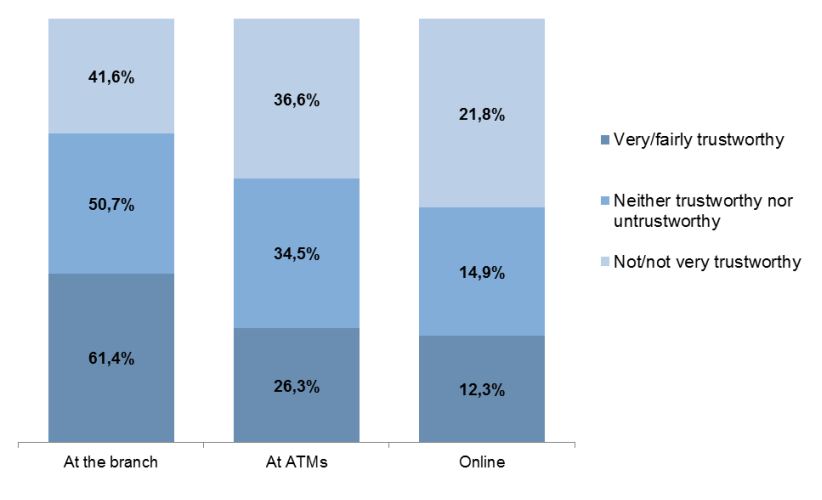
We are well aware that there is a hostile world out there, and that the security of our financial operations should always be a priority. That’s why at MoraBanc Digital we promote the safe and responsible use of our applications. Below are some tips that will help you protect your digital life:
- A simple and effective method is changing your online banking password: change it at least once a year.
- Avoid connecting to your online banking platform on public Wi-Fi; free public networks are a possible source of risk to your devices and online accounts.
- Configure your security questions. If you forget your MoraBanc Digital password or access is blocked, you’ll have a second security filter with the pre-selected and answered questions.
- Use biometric security filters: your face or your fingerprint are unique and almost impossible to hack. That’s why we offer you the possibility to access your online bank and authorize transactions using your fingerprint (Touch ID) or face (Face ID).
- Install a good antivirus or firewall program: although this does not guarantee 100% protection, it will significantly strengthen your devices’ defense against possible intruders.
- A bank will never ask for your username or password (by email, phone or any other channel). Any communication asking for this information should not be trusted and likely is a clear example of phishing.
If you receive a message that seems strange or suspicious, please contact our customer service department, TeleBanc, at +376 884 884. To avoid the risk of fraud, always connect to your online bank through our website or from the mobile app.
Information on the processing of personal data
In compliance with Law 15/2003 of 18 December on protection of personal data, the customer authorizes that the applicant’s personal data entered on this form will be incorporated into files owned and managed by MORA BANC GRUP, SA – MORA BANC, SAU (hereafter referred to as “MoraBanc”) to process the requested service and, if necessary, to comply with the contracts finally entered into, and also to ensure correct operational procedures.
The applicant expressly authorises MoraBanc to send him/her commercial and promotional communications for products and services and information on the Bank itself, social or other activities, in hardcopy by post or by electronic means (among others, short messages (SMS) to mobile phones, e-mail, etc.). This consent can always be withdrawn, without retroactive effect.
The fact of filling out this form implies that the applicant acknowledges that the information and personal data provided are true, accurate and correct; otherwise, MoraBanc declines all responsibility for the lack of truthfulness or correctness of the data.
The applicant authorises the data provided to be communicated or shared with third parties forming part of the MoraBanc business group, entities which are primarily active in the financial, insurance and service sectors. The applicant is considered as having been informed of this transfer of information by means of this clause. The applicant accepts that he/she may be sent information on any product or service marketed by these companies.
The data processing manager is MoraBanc. The applicant is hereby informed that the rights of access, rectification, suppression or opposition may be exercised in the terms established in current legislation.




